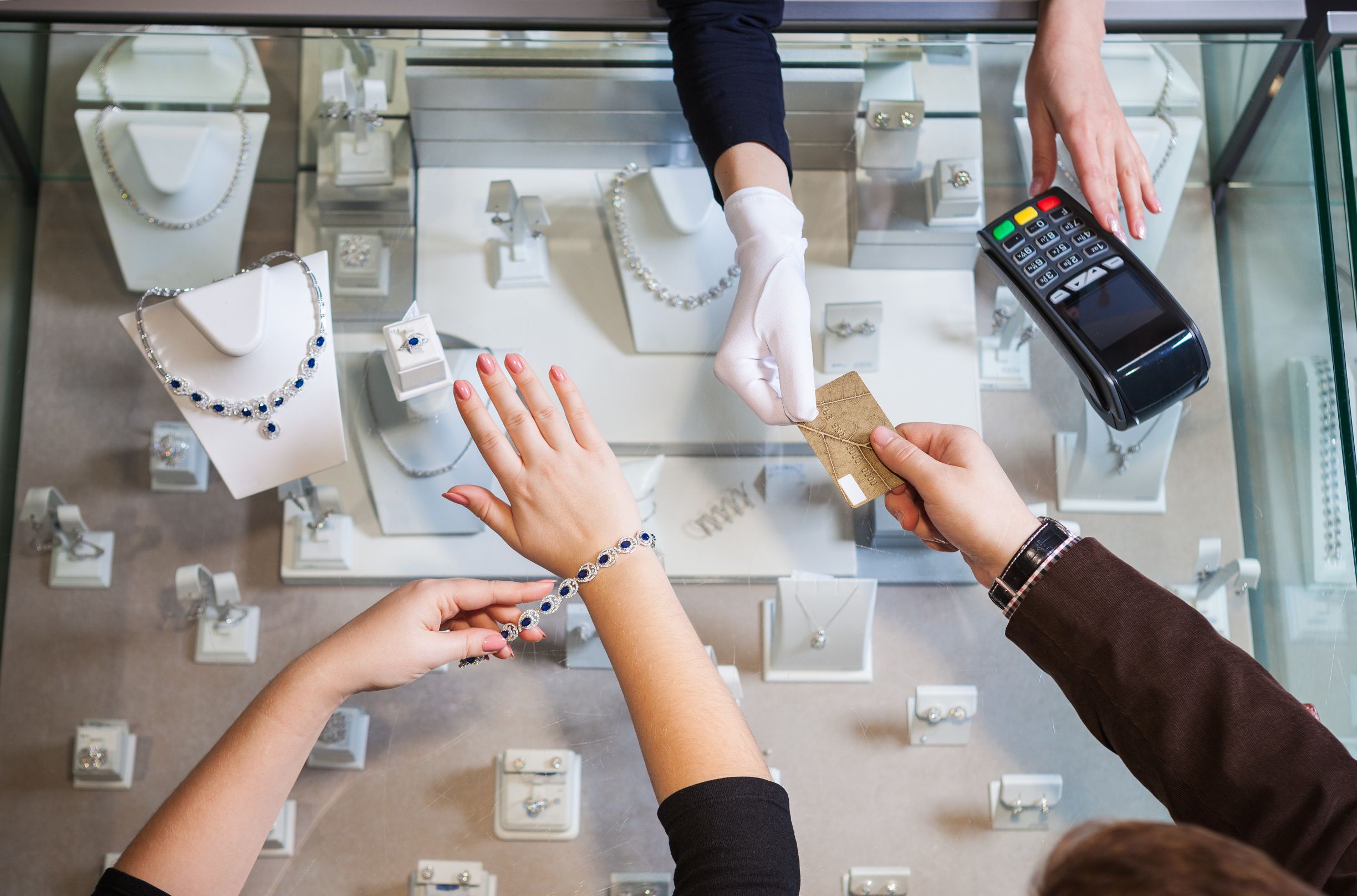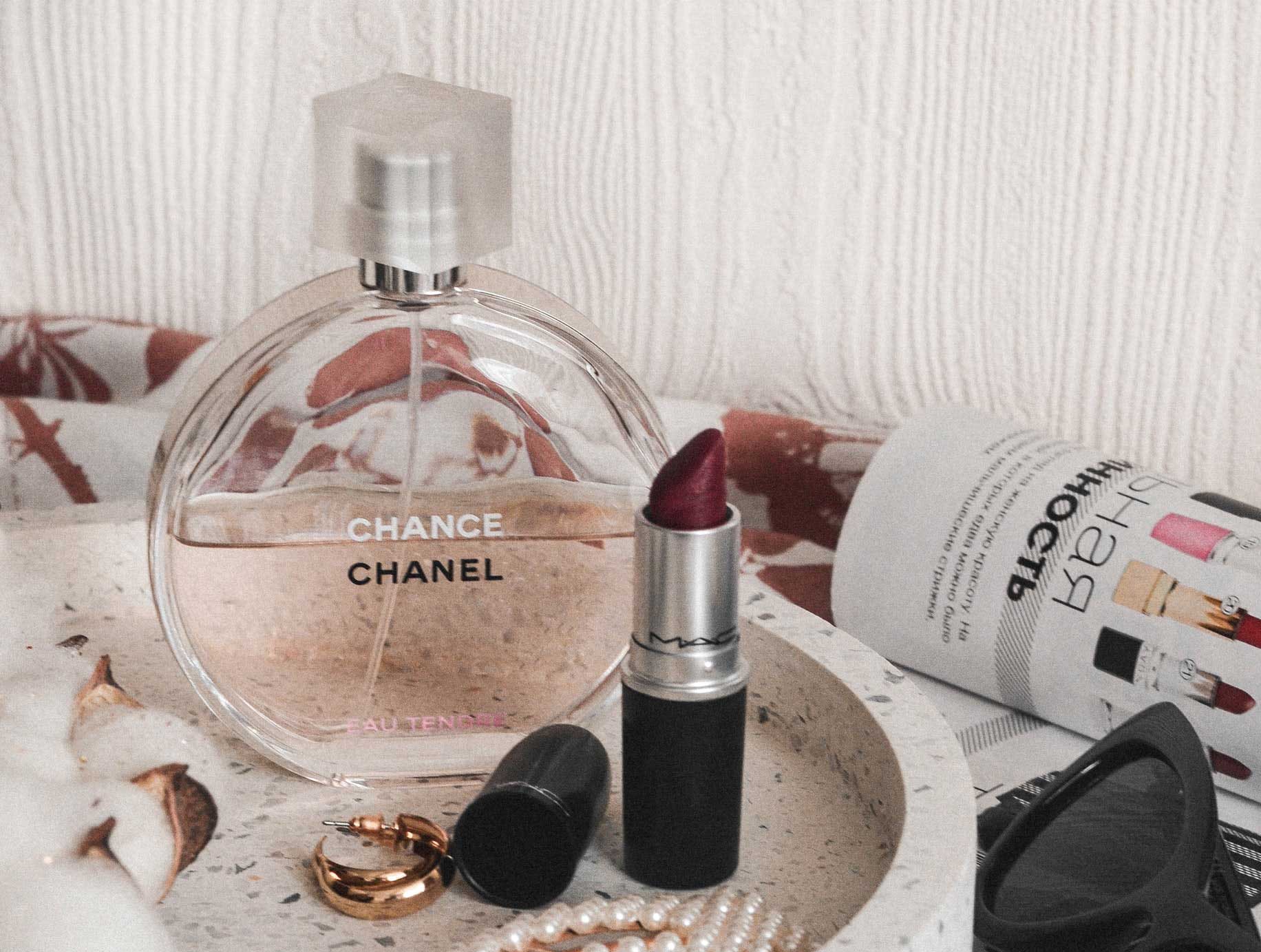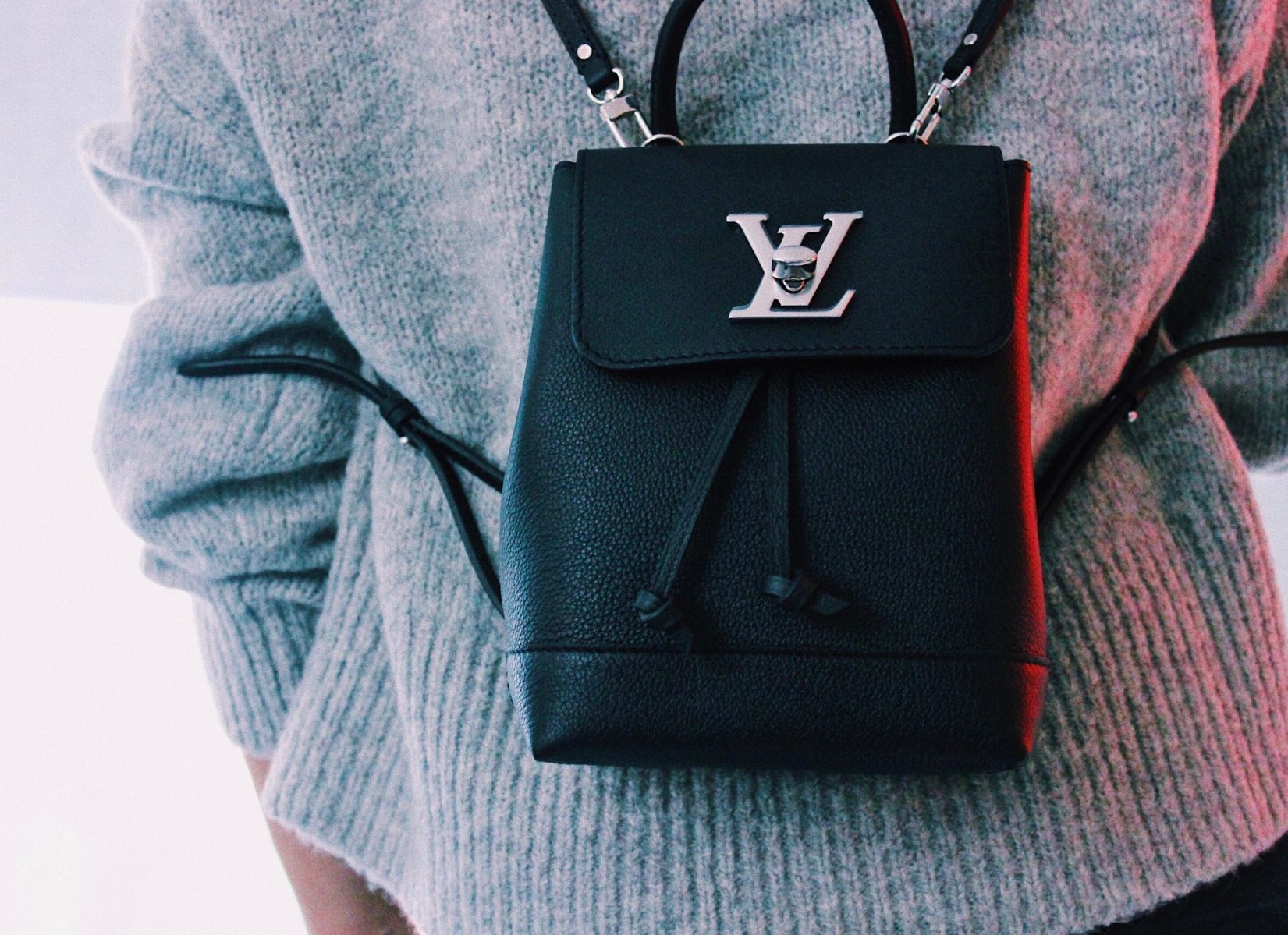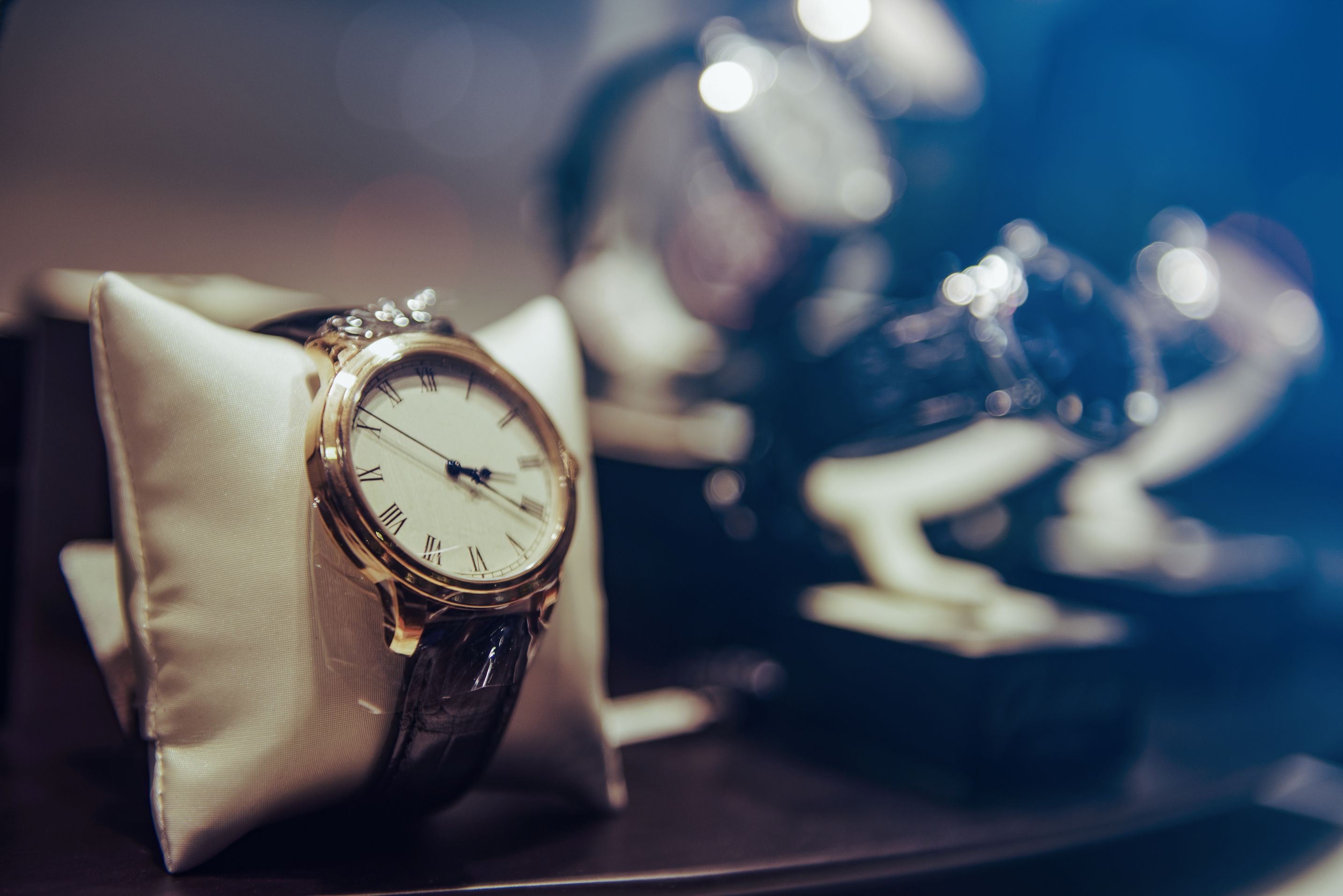Lesser Shared Tips for Jewelry Shopping

It’s easy to get distracted by all the pretty things that sparkle when you’re shopping for jewels, but don’t let the glitter blind your judgment if you’re looking for a high-quality precious stone. You’ve likely heard of the five C’s when shopping for a diamond, but a quality stone goes beyond all of that marketing jargon. Understand what to look for and what to avoid when gem shopping, especially when you’re competing with others who are professionals in the industry.
Don’t Immediately Run to a Big Name for a Jewel
Although names like Tiffany and Co. and Cartier are certainly giants in the industry for a reason, don’t assume that they’re the best place on the planet to buy loose stones. Remember that when you buy a designer piece, you’re paying for more than the metal and stones: You’re paying for the little blue box and the cultural stigma. Not to mention that these companies also host plenty of red carpet events and gala gatherings, so there are additional markups built right into their prices simply for the celebrity aspect. Remember also that you might not necessarily be getting a stone that is of the best quality from a big-name jeweler; some brands are quietly using laboratory-grown diamonds in place of the real thing, while others are leaning on cultured pearls rather than genuine, oyster-made pearls.
Understand the Importance of a Certificate of Authenticity
If you were buying a used car and asked to look at the title, would it scare a little bit you if the owner said that they didn’t have one? Use this as an example if you’re jewelry shopping and the seller doesn’t have a certificate of authenticity to show. Be also wary if they have one, but it is outdated by more than a year or two. Technology and gem identification have changed and updated so much in even the last five years that it’s essential to have a current certificate of authenticity as deemed by a certified jeweler.
Learn as Much About the Piece as You Can
In a similar vein, the seller should also be highly knowledgeable about any item for sale. Ask questions and learn all you can about any jewel that you’re considering purchasing. Some sample questions might include:
- Where did the jewel come from? Was it grown in a lab or mined from the earth?
- What are some auction comps to prove that the jewel costs this amount of money?
- How old is the piece? Do you know who the original owner was?
Remember, kids, that knowledge is power. The more you know about an item the more educated a buyer you can be.
Ask Yourself: Would the Recipient Even Like This?
Even though the media and social pressure tend to insist that women are obsessed with chunky diamonds and huge pieces of bling, this isn’t always the case in real life. Like anything else, all women have their own style when it comes to jewelry. Rather than agonize over a piece and fret about how you’re going to afford it, ask yourself if it’s even something she would like in the first place. Does she prefer white or yellow metals? What about stones, does she like diamonds or gems? Don’t look to pushy salespeople or reruns of Sex and the City as a compass to help you navigate to the perfect piece. If you know her well enough, it should reveal itself to you.
In the End, It All Comes Down to Personal Preference
There are so many ways to decide whether or not a purchase is worth it, but it all comes down to you and what you find is the most beneficial. Understand what to look for and how to spot quality.







